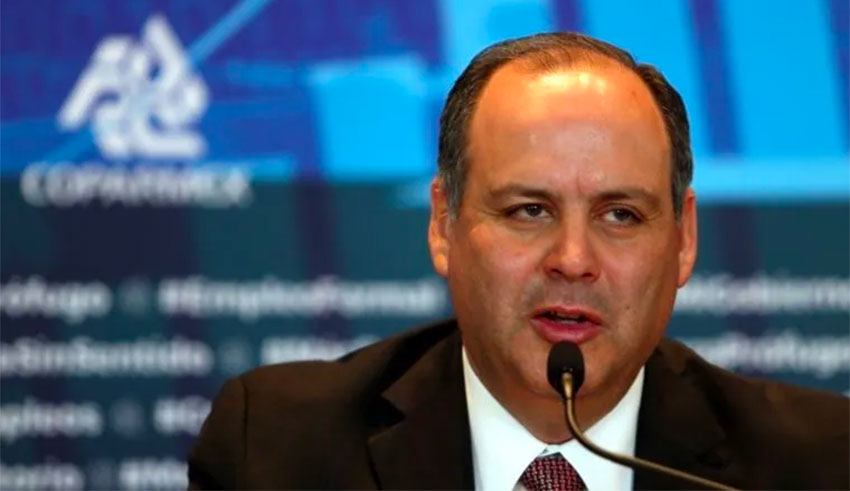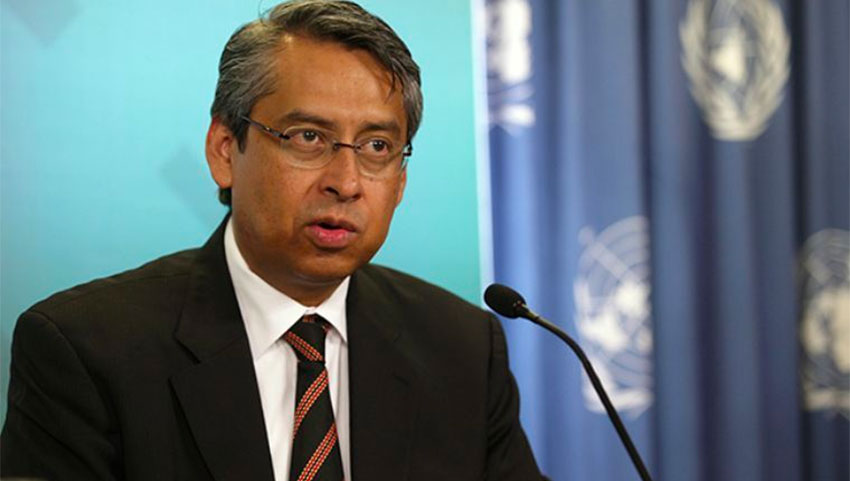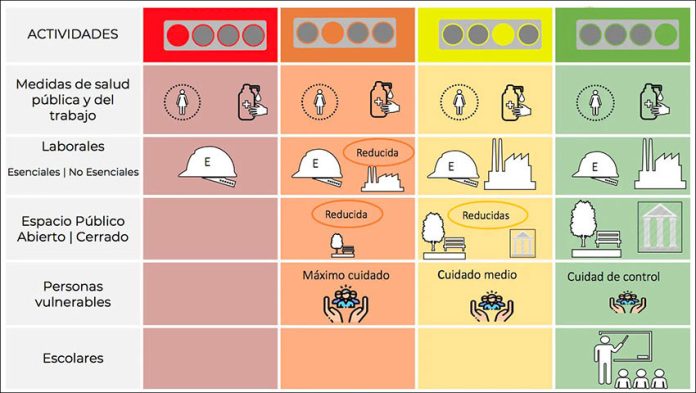Business groups and analysts have welcomed the government’s plan to begin reopening the economy but not without criticism over a lack of clarity and detail.
The government revealed a three-phase plan Wednesday for the eventual lifting of coronavirus restrictions and a color-coded “stoplight” system to determine each state’s readiness to return to what is being called a “new normal.”
The plan stipulates that starting June 1 social distancing measures will be gradually lifted on a state by state basis depending on the severity of their outbreaks.
However, the president of the Mexican Employers Federation (Coparmex) said the plan is short on clarity particularly with respect to the criteria that will be used to determine which color lights are assigned to each of Mexico’s 32 states.
(States will be assigned a red, orange, yellow or green light on a weekly basis, with each color determining which coronavirus mitigation restrictions can be lifted.)

“We agree with the need to have a plan for a gradual and staggered reopening. However, the content presented today is insufficient in order to have clarity in the procedures,” said Coparmex chief Gustavo de Hoyos.
He also said that the government failed to make it clear whether the same color light will apply to an entire state or whether different colors will apply to different municipalities depending on the size of their coronavirus outbreaks.
“Companies need clear specifications in order to be able to prepare to restart activities immediately after the health authorities say they can,” de Hoyos said.
The Coparmex president also said the plan to reopen the economy next week in 269 coronavirus-free municipalities will only have a “minimal” impact on the economy because only 1% of businesses are located in them.
For his part, the president of the National Chamber for Industrial Transformation said that adding automotive production, construction and mining to the list of essential activities was a positive move but charged that beer production should also have been designated as essential.
Enoch Castellanos also said that small and medium-sized businesses need more support from the government to help them survive closure orders and the coronavirus-induced economic downturn.

The director of analysis at the Monex financial group, described the plan outlined on Wednesday as “disjointed.”
The announcement of steps to reopen the economy is “positive news” but “there are still a lot of [unanswered] questions,” Carlos González Tabares said.
“I believe that a lot of details are missing,” González said, explaining that there is a lack of clarity about how new outbreaks will be mitigated as more and more people return to their normal daily lives. “The reopening has to be very cautious,” he said.
Raymundo Tenorio, an economist and emeritus professor of the Tec. de Monterrey University, said that it appears that the “stoplight” system plan was made on the fly, asserting that the government needs to think about how supply chains will work if businesses are open in one state but not another.
José Luis de la Cruz, general director of the Institute for Industrial Development and Economic Growth, a think tank, had a more positive view. He said the strategy is “positive and opportune because it allows companies to make an estimate of the time and stages in which they will be able to open.”
“The services sector is expected to reopen in September so [companies] can assess if they can hold out until that date or if they will have to dismiss staff and make adjustments,” he said.

However, while the government has a plan to allow businesses to reopen gradually, it doesn’t have a solid plan to support them financially through the crisis with measures such as tax breaks, de la Cruz said.
Rodolfo de la Torre, director of social development at the Espinosa Yglesias Study Center think tank, described the government’s plan as “improvised,” claiming that it rushed to develop it due to the heavy loss of jobs last month and the prediction that as many as 10.7 million additional people could be pushed into poverty as a result of the measures put in place to reduce the spread of Covid-19.
“Job losses could reach 1 million in May and if the stoppage due to the pandemic continues we could reach 1.5 million,” he said.
De la Torre also said the government should have provided income support for people who lost their jobs or who are unable to stay at home due to their economic circumstances. He expressed skepticism that the economy will recover quickly once the coronavirus mitigation restrictions are lifted, as Finance Ministry officials have claimed will occur.
“Suggesting that there will be a quick rebound in [economic] activity is far removed from reality,” de la Torre said, especially considering that the government hasn’t provided resources enabling “people and companies to resist” the coronavirus crisis.
Source: El Financiero (sp), El Economista (sp)
